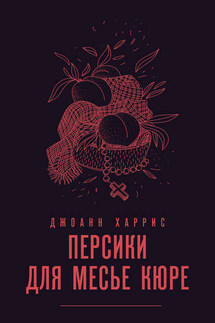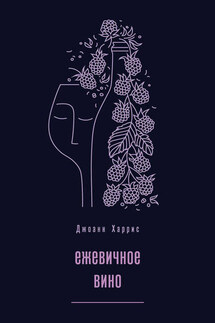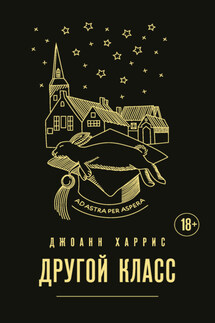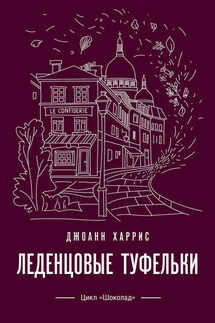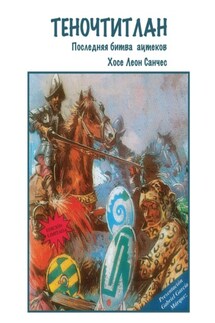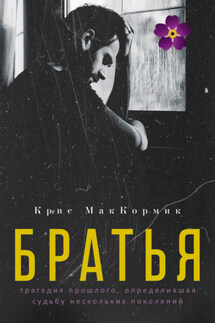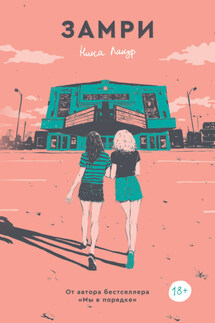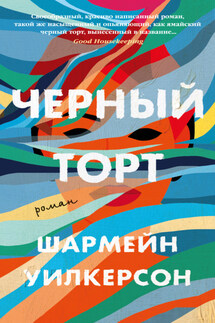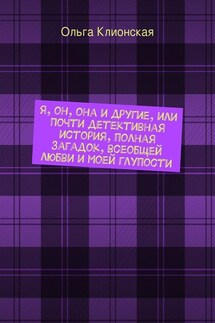Five Quarters of the Orange / Пять четвертинок апельсина - страница 28
The German laughed again, took another strawberry and made his way back through the crowd, his black uniform oddly funereal among the bright patchwork of the market.
Later my mother tried to explain. All uniforms were dangerous, she told me, but the black ones above all. The black ones weren’t just the army. They were the army’s police. Even the other Germans were afraid of them. They could do anything. It didn’t matter that I was only nine years old. Put a foot wrong and I could be shot, shot, did I understand? Her face was stony, but her voice trembled and she kept putting one hand to her temple in a strange helpless gesture, as if one of her headaches were on the way. I barely listened to her warning. It was my first face-to-face encounter with the enemy. Thinking it over later from the top of the Lookout Post, the man I had seen seemed oddly innocuous, rather disappointing. I had expected something more impressive.
The market finished at twelve. We had sold out everything else before that, but we stayed to do a little shopping of our own and for the spoiled goods that my mother was sometimes given by the other stallholders. Overripe fruit, scraps of meat, damaged vegetables that would not last another day. My mother sent me to the grocer’s stall while she bought a piece of discarded parachute silk from under the counter of Madame Petit’s sewing shop, tucking it carefully into her apron pocket. Fabrics of any kind were hard to come by, and we were all wearing hand-me-downs. My own dress was made from the pieces of two others, with a gray bodice and a blue linen skirt. The parachute, Mother told me, had been found in a field just outside Courlé, and would make Reinette a new blouse.
“Cost me the earth,” grumbled Mother, half sullen, half excited. “Trust her kind to get along, even through the war. Always land on their feet.”
I asked what she meant.
“Jews,” said my mother. “They’ve got a knack for making money. Charges the earth for that piece of silk, and never paid a penny for it herself.”
Her tone was unresentful, almost admiring. When I asked her what Jews did, she shrugged dismissively. I guessed she didn’t really know.
“Same as we do, I imagine,” she said. “They get by.” She stroked the parcel of silk in her apron pocket. “All the same,” she said softly, “it’s not right. It’s taking advantage.”
I shrugged inwardly. So much excitement for a piece of old silk. But what Reinette wanted, she had to have. Scraps of velvet ribbon, queued and bartered for; the best of Mother’s old clothes… White ankle socks to wear to school every day, and long after the rest of us had been reduced to wooden-soled clogs, Reinette was wearing black patent shoes with buckles. I didn’t mind. I was used to Mother’s odd inconsistencies.
Meanwhile I went around the other stalls with my empty basket. People saw me, and knowing our family’s history, gave me what they could not sell; a couple of melons, some eggplants, endives, spinach, a head of broccoli, a handful of bruised apricots. I bought bread from the baker’s stall and he threw in a couple of croissants, ruffling my hair with his big floury hand. I swapped fishing stories with the fishmonger, and he gave me some good scraps, wrapped in newspaper. I lingered beside a fruit and vegetable stall as the owner bent to move a box of red onions, trying not to betray myself with my eyes.
